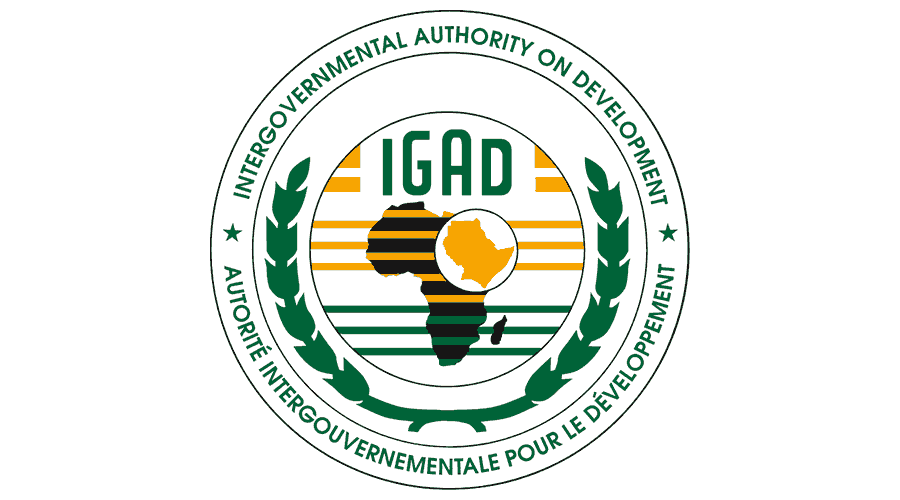Events
Linking Regional Migration Policy Frameworks to Climate Change Adaptation
In the African continent, the Intergovernmental Authority on Development (IGAD) region is considered one of the most vulnerable to climate variability and change and more than two thirds of the region are arid or semi-arid. It regularly faces a wide range of natural hazards leading to various forms of human mobility (displacement, migration and planned relocation), most commonly severe droughts and floods, but also landslides, earthquakes, and tropical cyclones, as well as slow-onset climate change effects, such as sea level rise, environmental degradation, and changing rainfall variability.
The different forms of human mobility to, from, and within the IGAD region reflect the range of complex drivers and structural factors that can compel people to leave their places of origin. Disasters linked to natural hazards, environmental degradation, and the adverse effects of climate change are amongst the most important and overlapping drivers of human mobility. Individual migration decisions are often based on a combination of these environmental and other economic, political, social, and demographic drivers.
Pastoralism in the Horn of Africa, in particular the countries within the IGAD region, is a successful contributor to the production sector as well as one of the most resilient livelihoods to climate change despite being natural resources dependent. In fact, given precipitation trends associated with climate change, pastoralism may become even more crucial to realizing regional food security, sustainable livelihoods and economic development in the 21st Century. Unfortunately, anthropogenic climate change, along with many other stressors, puts pressure on the millions of people who depend on this livelihood, either directly or indirectly. 2
To preserve pastoralists’ livelihoods and their significant contribution to the Agricultural GDP of the region, it is absolutely necessary to protect transhumance- the movement of people and livestock across countries, to access water and pasture. The first objective of IGAD’s ‘Protocol on Transhumance’, adopted by its Council of Ministers in 2021, prioritizes pastoral mobility by; ‘Allowing free, safe and orderly cross-border mobility of transhumant livestock and herders in search of pasture and water as an adaptation mechanism to climate change and weather variability within the IGAD region.’ The IGAD Centre for Pastoral Areas and Livestock Development (ICPALD) together with IOM, will launch the results of a desk review that brings together the most recent literature on pastoralism, mobility and climate change in the IGAD region and explain how the Protocol on Transhumance supports the adaptive capacity of pastoralists through free, safe and orderly cross-border mobility.
The virtual side event, held on the margins of the first International Migration Review Forum has the overall objective to raise awareness of an often-forgotten, highly vulnerable, mobile population, who can be found globally, not only in the East and Horn of Africa, and contribute to the recognition that the GCM is critical to the survival and wellbeing of all mobile populations in the face of climate change. The outcome is that engaged policy makers, donors, UN agencies and other partners will be interested to support the implementation of the IGAD Protocol on Transhumance.
Register here: https://forms.office.com/r/5Pfpppbqia
